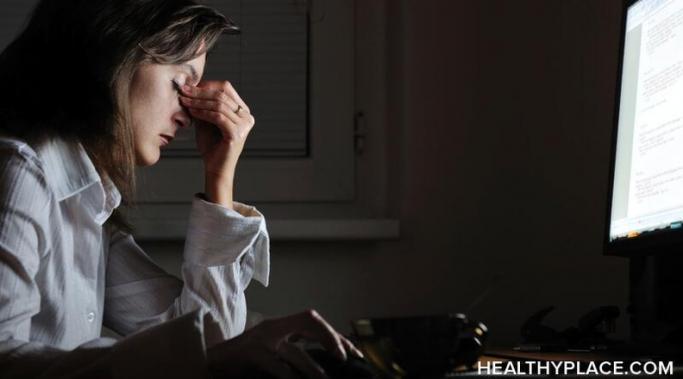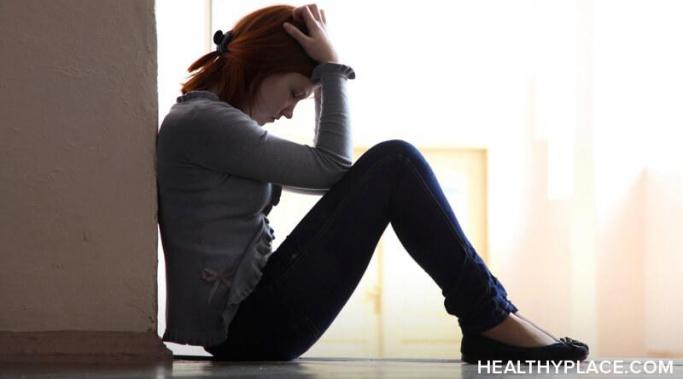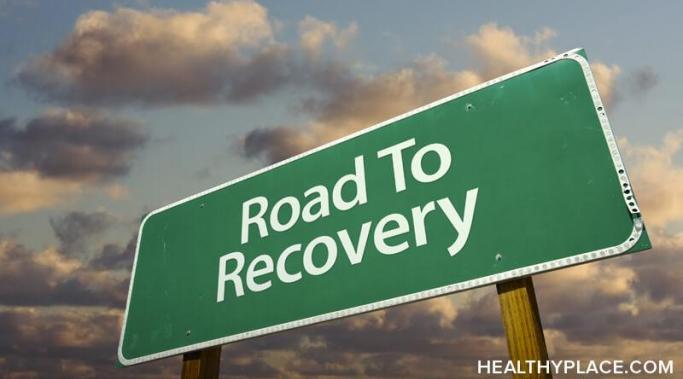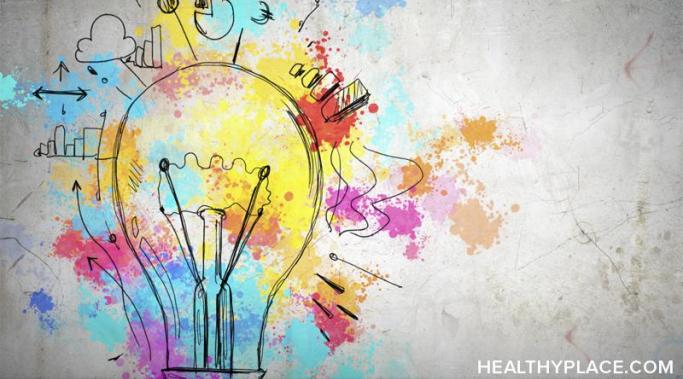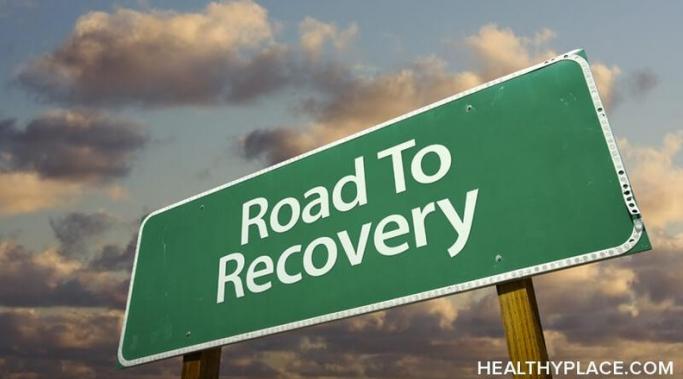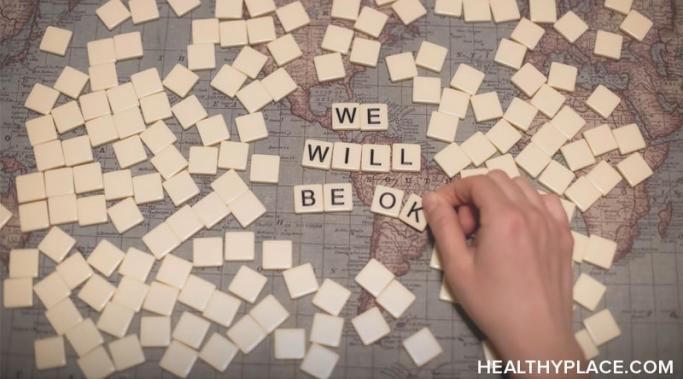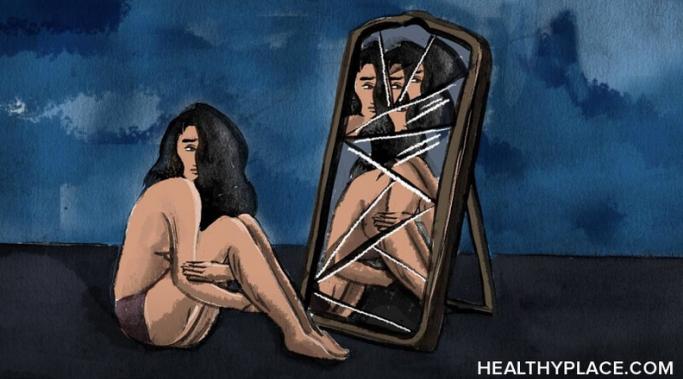Whether you've slowed down due to the pandemic or thrown yourself into the sea of new responsibilities, you might feel emotionally exhausted as a result. This is completely normal, though it might become an obstacle on your road to self-harm recovery. Burnout could easily become a trigger and exacerbate self-harm urges, so it's important to recognize the signs and take action before it's too late.
Self-Harm Relapse
Self-harm relapse can happen to anyone, whether you've been self-harm-free for one day or 100 days. Being zero days clean from self-harm doesn't mark the end of your healing journey. If you keep calm and take things one step at a time, you can—and will—be able to move on from this detour and continue with your self-harm recovery.
It can be hard to imagine what self-harm recovery will look like in the long term when you're only just beginning your healing journey. I can't tell you exactly where your self-injury recovery path will lead you—but I can tell you what mine has looked like over the past decade.
The year 2020 is finally coming to an end, so inevitably, New Year's resolutions are looming on the horizon. Being self-harm-free might seem like a huge commitment and a lot of pressure to put on yourself from January 1st. However, if you break it down into smaller tasks that feel both achievable and not too overwhelming, living self-harm-free can become a realistic goal.
The road to recovery is never a simple, straight path forward; it curves unexpectedly, and sometimes we find we must backtrack before we can make progress. No matter what point you're at in your own journey, a self-harm coping box can be an incredibly useful tool to help you navigate and stay on track in your recovery from self-harm.
Recovering from self-injury can put a lot of pressure on us. We expect that self-harm recovery is a simple process with no obstacles on the road. However, it’s a complicated journey, and there is no one perfect way to recover. You might stumble once or twice, but that’s okay. You can still continue where you left off.
As the COVID-19 pandemic stretches on, living in its shadow has gradually become more and more familiar to us. But familiarity hasn't made any of it easier to live with, especially not those of us who were already struggling with our mental health prior to this year. Recovering from self-harm during a pandemic isn't easy—but it is possible.
Is social media increasing your self-harm urges? Scrolling through social media is an everyday activity for most of us. We can lose ourselves in it for hours on end. However, our digital obsession can have a detrimental effect on our mental health. It could even become a self-harm trigger for those who suffer from low self-esteem.
Self-injury, poor body image, and eating disorders often travel together. After all, a poor body image is something many self-harmers often share in common, and that poor body image can turn into an eating disorder. Developing a healthy relationship with our bodies is a crucial step towards recovery.
Dreams mean many things to many people. Some remind us of memories, whether recent or long-buried; others reflect our hopes and fears about the present or the future. But what do dreams about self-harm mean?
